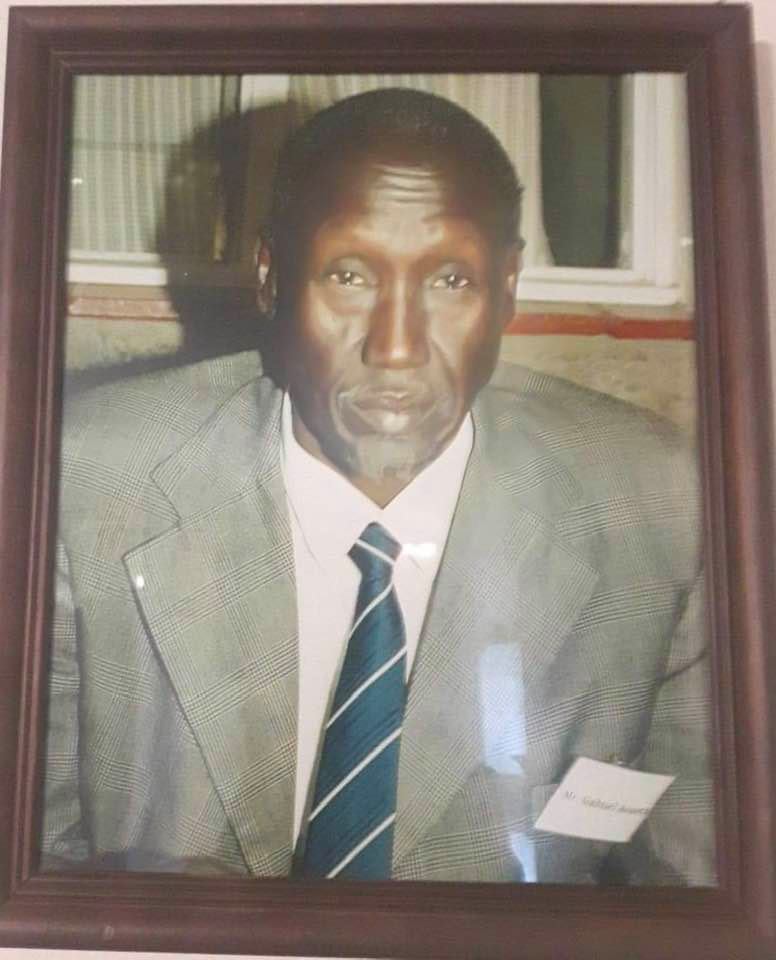Tributes in Living Memory to Gen. Gabriel Achuoth Deng: Celebrating the Inspirational Life and Times of a South Sudanese Iconic Freedom Fighter and Veteran Politician, Gen. Achuoth Deng Achuoth (Kärkäwään)
By PaanLuel Wël, Juba, South Sudan

Monday, July 7, 2019 (PW) — On the 16th of May, 1983, when the war of liberation struggle broke out in Bor, Jonglei State, the leadership of the Underground Movement dispatched Gen. Gabriel Achuoth Deng Achuoth (Deng-Kärkäwään) to Khartoum to warn and enlighten their members in the north that the new armed revolutionary movement, occasioned by the mutiny in Bor, was not going to be the usual South Sudanese reactionary movement fixated on the ‘Southern Problem’ at the expenses of the rights, justice and freedom for the marginalized people of the Sudan. In his book, Wars and a New Vision for the Sudan: A Political Lesson, which was published in 2005, Gen. Achuoth Deng-Kärkäwään explained thus: “When John Garang withdrew from Bor for Ethiopia, it was the same time that I left for Khartoum. This was to come and explain to the forces of the revolution in that part of the country the objective of the new movement. That the new movement should not be mistaken as the usual Southern reactionary movement for the separation of the South.”[1]
The Underground Movement was established by progressive officers of the Anyanya One movement as a result of the fallout from the aborted coup d’état in Lobone against the leadership of Gen. Joseph Lagu in 1972 following the signing of the Addis Ababa Agreement. These progressive officers, on whose behalf Captain John Garang wrote his historical 1972 letter to Gen. Joseph Lagu, were bitterly opposed to the signing of the Addis Ababa Accord, in preference for the continuation of war for the total liberation and separation of South Sudan. After the failure of their coup against their boss, Gen. Joseph Lagu, and their subsequent absorption into the Sudanese army as per the stipulations of the 1972 peace accord, the progressive officers formed a clandestine organization, the Underground Movement, within the rank and file of the national army. Their first leader was Gen. Emmanuel Abuur Nhial (Abuur-Matuong) and then Gen. Albino Akol Akol after the killing of Gen. Emmanuel Abuur Nhial in 1976 and later by Col. John Garang after his return from the USA in 1982.
(more…)



























